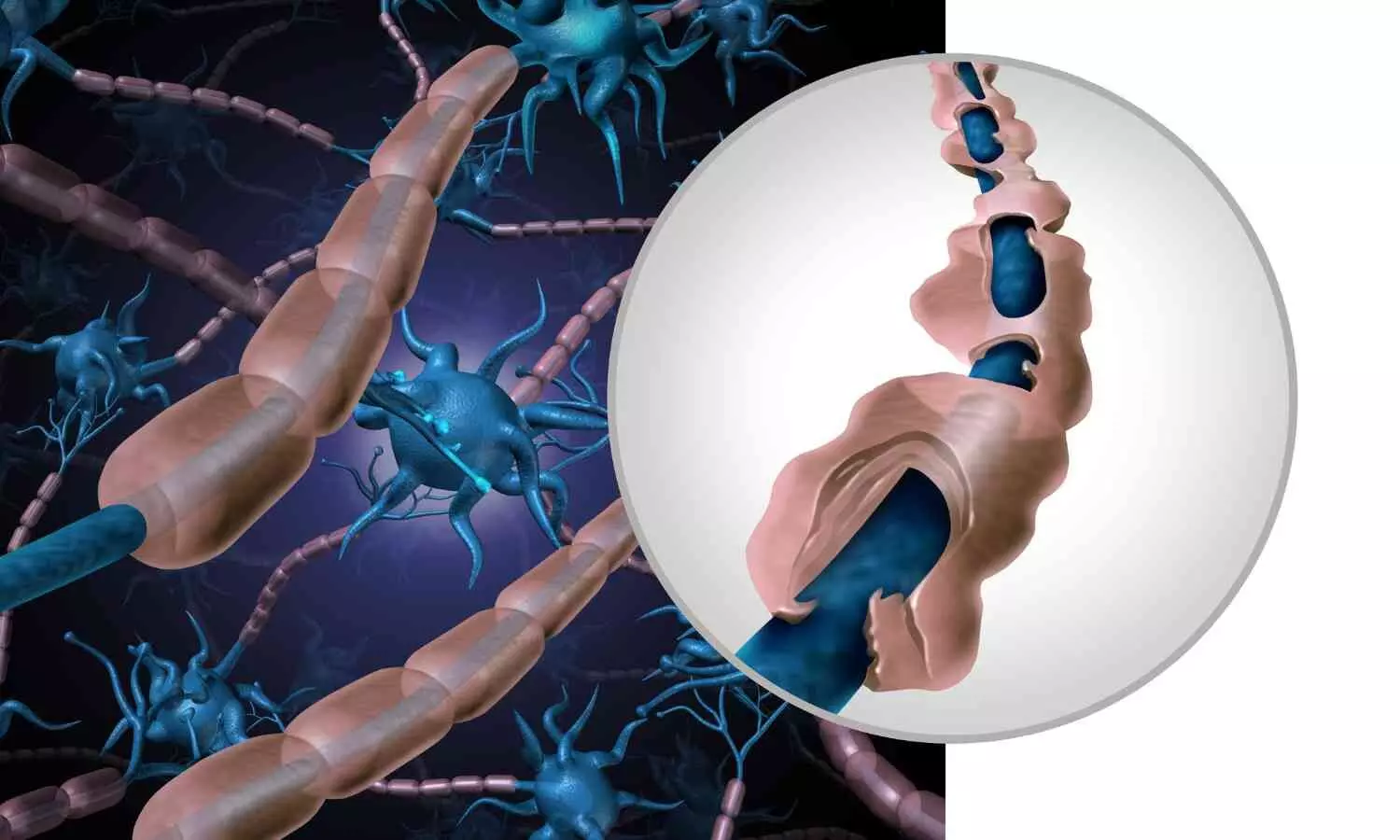New AI Tool Developed to Monitor Effectiveness of Multiple Sclerosis Treatments

New Delhi: UK researchers have unveiled an innovative artificial intelligence (AI) tool, named MindGlide, designed to interpret and evaluate how effectively treatments are working for patients with multiple sclerosis (MS). Developed by scientists at University College London (UCL), this tool represents a major step toward integrating AI into routine clinical care for MS patients.
Multiple sclerosis is a chronic neurological condition in which the immune system mistakenly attacks the brain and spinal cord, leading to issues with movement, sensation, and cognition. Tracking the progression of MS and determining how well a treatment is working has long depended on specialised MRI imaging, which is not always available in routine clinical settings.
MindGlide uses advanced mathematical models and machine learning algorithms to analyse large volumes of data, mimicking human-like problem-solving skills. One of its key features is the ability to extract crucial information from routine MRI brain scans, even those that were previously considered too limited or basic for detailed analysis.
The AI tool can identify and measure damage in brain tissues, detect subtle changes such as brain atrophy, and identify plaques associated with MS—markers that are typically difficult to track without specialised imaging techniques. This could make it possible to assess disease progression using standard hospital scans, potentially unlocking insights from vast archives of existing patient data.
In a new study published in Nature Communications, UCL researchers tested MindGlide on over 14,000 brain images from more than 1,000 MS patients. The tool not only successfully assessed how different treatments impacted disease progression but also did so using routine MRI scans that would not typically be used for such analysis. Impressively, the AI completed its assessments in just five to ten seconds per image.
"MindGlide allows us to use existing brain images in hospital archives to better understand MS and how treatment affects the brain," said Dr. Philipp Goebl from UCL’s Queen Square Institute of Neurology. He added that they hope this tool will soon assist in clinical decision-making, potentially within the next five to ten years.
The tool proved effective even with lower-quality or single-sequence MRIs, such as T2-weighted scans without FLAIR imaging—typically less useful for identifying MS-related changes. Despite this limitation, MindGlide accurately highlighted lesions and brain tissue alterations in both outer and deeper brain regions. It also reliably detected changes over time, validating its use in longitudinal studies.
Furthermore, MindGlide's analysis aligned with existing high-quality research on treatment efficacy, supporting its potential as a robust tool for both clinical and research settings in MS care.


